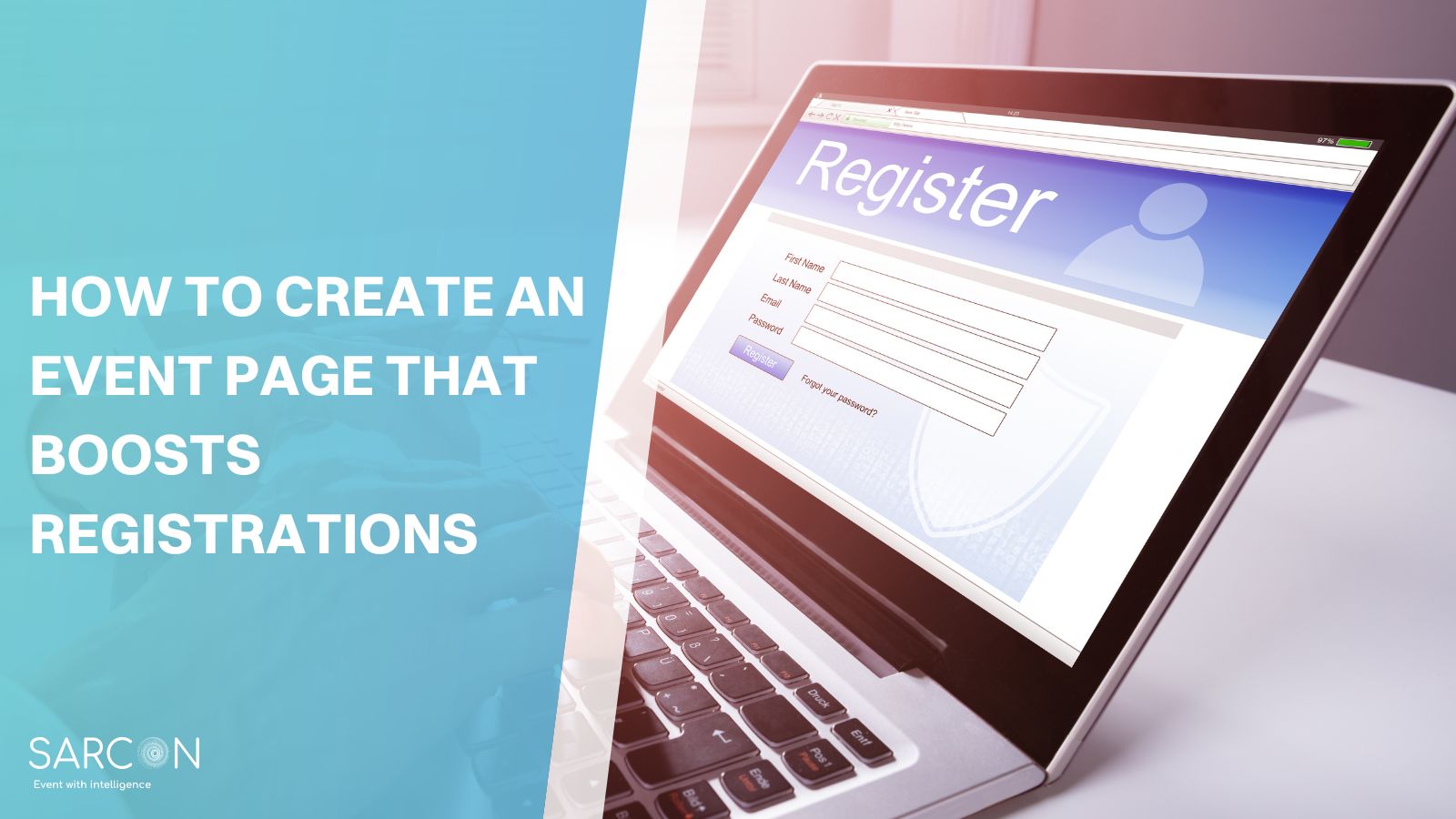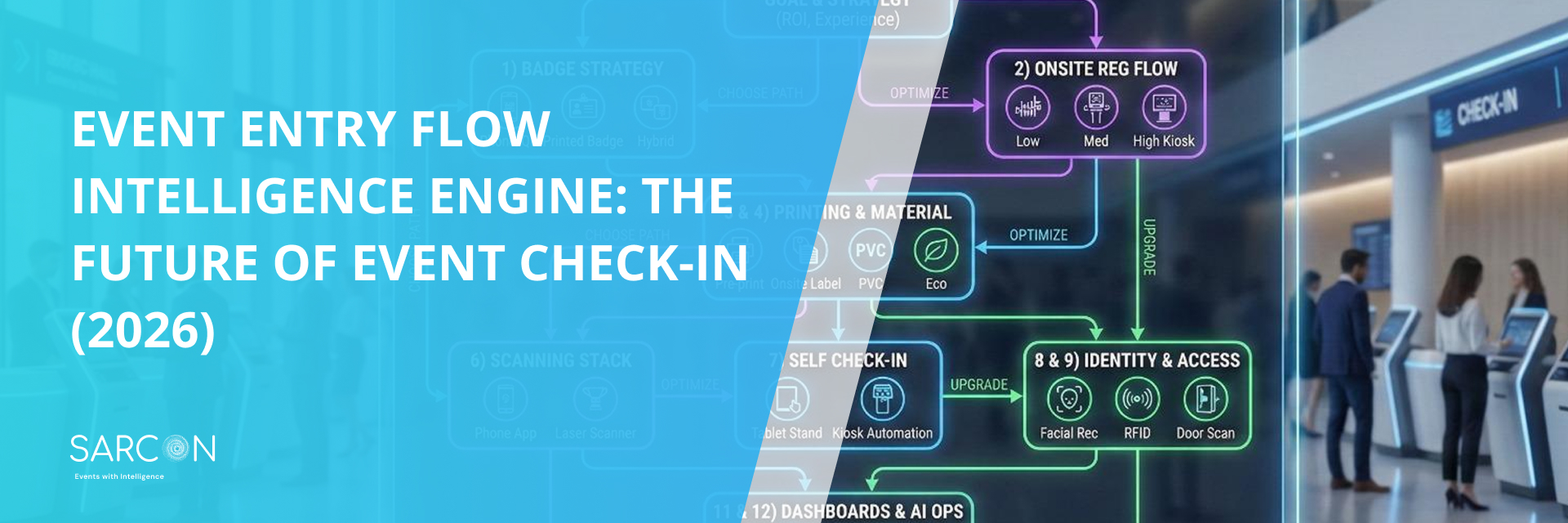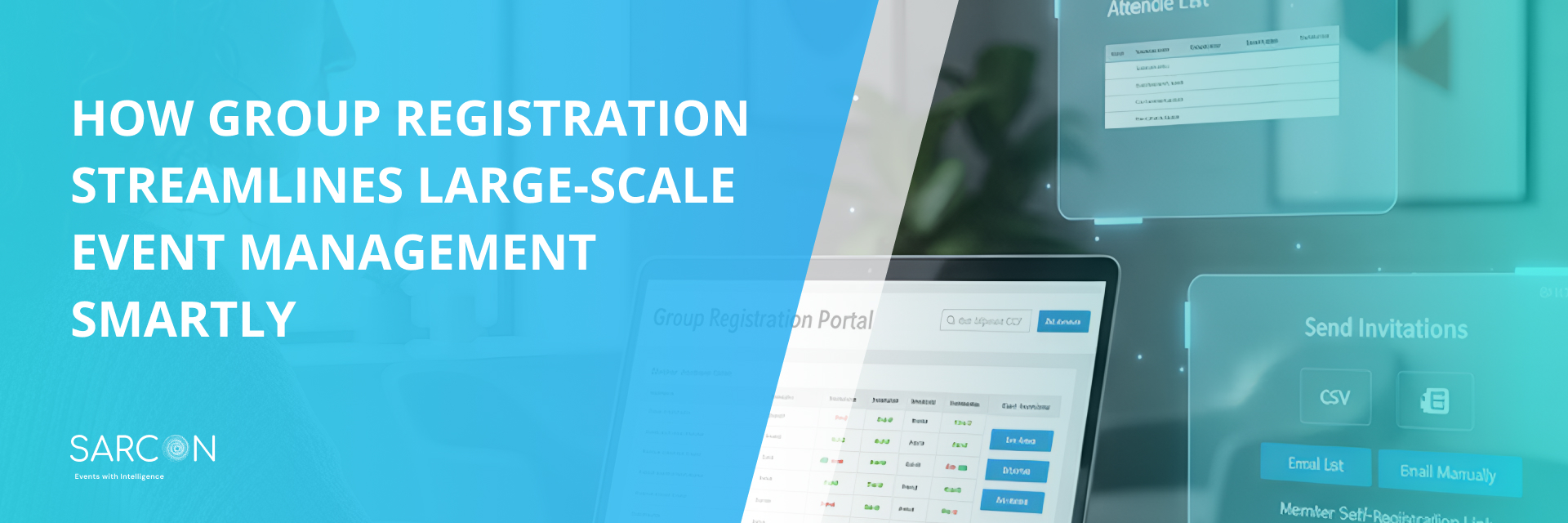Are you planning an event and looking to maximize registrations? Creating an effective event page is crucial to attract and engage your target audience. In this article, we will guide you through the process of creating an event page that not only captures attention but also boosts registrations. From crafting compelling content to optimizing the page for search engines, we’ll cover it all. So, let’s dive in and discover the secrets to creating an event page that drives results!
Why Does Your Event Page Matter?
Before we delve into the details, it’s essential to understand why your event page is so important. Your event page serves as the virtual front door to your event. It’s the first impression potential attendees will have, and it can make or break their decision to register. A well-designed and informative event page not only grabs attention but also instills trust and excitement. By optimizing your event page, you can significantly increase registrations and create a buzz around your event.
Crafting an Eye-Catching Title
The title of your event page is the first element that captures the attention of your audience. It should be concise, engaging, and relevant to the event. To optimize your event page for search engines, including the keyword “How To Create an Event Page That Boosts Registrations” in the title can help increase visibility. A compelling title might be “Unlocking Success: How To Create an Event Page That Boosts Registrations.”
The Power of a Captivating Meta-Description
An effective meta-description is a brief summary of your event page that appears in search engine results. It plays a vital role in enticing users to click on your page. Craft a meta-description that showcases the value of attending your event while incorporating the target keyword “How To Create an Event Page That Boosts Registrations.” For example, “Discover the secrets to creating an irresistible event page that drives registrations and ensures event success.”
Key Elements of an Event Page
To create an event page that converts visitors into registrants, you need to incorporate several key elements. Let’s explore each element in detail:
1. Clear and Concise Event Details
Provide clear and concise information about your event, including the date, time, location, and duration. Make sure these details are prominently displayed and easy to find. Highlight any unique features or benefits attendees can expect from the event.
2. Compelling Event Description
Craft a compelling event description that captivates your audience. Highlight the key objectives, benefits, and highlights of the event. Use persuasive language and storytelling techniques to create excitement and demonstrate the value attendees will gain.
3. High-Quality Visuals
Include high-quality visuals such as images, videos, or infographics that visually represent your event. Visual content helps create a memorable and engaging experience for visitors, increasing their desire to attend. Make sure the visuals are relevant and align with your event’s theme or purpose.
4. Testimonials and Social Proof
Leverage the power of social proof by including testimonials from past attendees or industry experts. Testimonials add credibility and trust, assuring potential registrants that your event delivers on its promises. Use quotes, case studies, or video testimonials to showcase the positive experiences of previous participants.
5. Easy Registration Process
Streamline the registration process to make it as effortless as possible for attendees. Incorporate a user-friendly registration form directly on the event page, requiring minimal information. Offer multiple registration options, such as online forms, email registrations, or ticketing platforms, to cater to different preferences.
6. Engaging Call-to-Action Buttons
Strategically place engaging call-to-action (CTA) buttons throughout your event page. Use action-oriented phrases like “Register Now,” “Secure Your Spot,” or “Don’t Miss Out” to encourage immediate action. Ensure that the CTA buttons are visually appealing and stand out on the page.
Best Practices for Creating an Event Page
Now that we’ve explored the essential elements of an event page, let’s dive into some best practices to ensure your page stands out and generates maximum registrations.
1. Mobile Optimization
In today’s mobile-centric world, optimizing your event page for mobile devices is crucial. Ensure that your event page is fully responsive and provides an excellent user experience across various screen sizes. Mobile-friendly pages not only improve user satisfaction but also boost your search engine rankings.
2. Search Engine Optimization (SEO)
To maximize the visibility of your event page, implement SEO strategies. Conduct keyword research and identify relevant keywords to incorporate naturally into your content. Optimize your headings, subheadings, and meta-tags with the target keyword “How To Create an Event Page That Boosts Registrations.” Focus on providing valuable and informative content to improve your search engine rankings.
3. Integrating Social Media
Leverage the power of social media by integrating social sharing buttons on your event page. Encourage visitors to share your event with their networks, increasing its reach and potential registrations. Additionally, create dedicated event hashtags and promote them across your social media channels to generate buzz and engagement.
4. Email Marketing and Remarketing
Implement an email marketing strategy to engage with potential attendees and nurture leads. Collect email addresses through your event page registration form and send personalized invitations, reminders, and updates. Additionally, leverage remarketing techniques by displaying targeted ads to individuals who have previously visited your event page but haven’t registered yet.
5. Monitor and Analyze
Regularly monitor and analyze the performance of your event page using analytics tools. Track metrics such as page views, conversion rates, and bounce rates to gain insights into visitor behavior. Use this data to make informed decisions and optimize your event page for better results.
Conclusion
Creating an event page that boosts registrations requires careful planning, strategic implementation, and continuous optimization. By incorporating the key elements we’ve discussed, following best practices, and leveraging various promotional channels, you can create an event page that captivates your audience and drives registrations. Remember to monitor the performance of your event page, make data-driven decisions, and continually improve the user experience. Now go ahead and create an event page that will set the stage for a successful and highly attended event!
FAQs
Q: How important is the design of the event page?
A: The design of your event page is crucial as it creates the first impression on your potential attendees. A visually appealing and user-friendly design enhances the overall experience and instills trust and excitement.
Q: Can I use multiple event pages for different target audiences?
A: Yes, creating multiple event pages tailored to different target audiences can be an effective strategy. By customizing the content and messaging to specific segments, you can better resonate with each audience and increase registrations.
Q: Should I include pricing information on the event page?
A: It is generally recommended to include pricing information on the event page. Transparent pricing helps potential attendees make an informed decision and ensures that those who register are genuinely interested in attending.
Q: How can I promote my event page effectively?
A: Promote your event page through various channels, such as social media, email marketing, content marketing, and collaborations with influencers or industry partners. Use a combination of organic and paid promotion strategies to reach a wider audience.
Q: Is it necessary to have a countdown timer on the event page?
A: While not mandatory, a countdown timer can create a sense of urgency and excitement among potential attendees. It adds a visual element and motivates visitors to register before time runs out.
Q: How can I encourage early bird registrations?
A: To encourage early bird registrations, offer attractive incentives such as discounted ticket prices, exclusive perks, or limited-time bonuses. Clearly highlight the benefits of registering early to create a sense of exclusivity and urgency.



